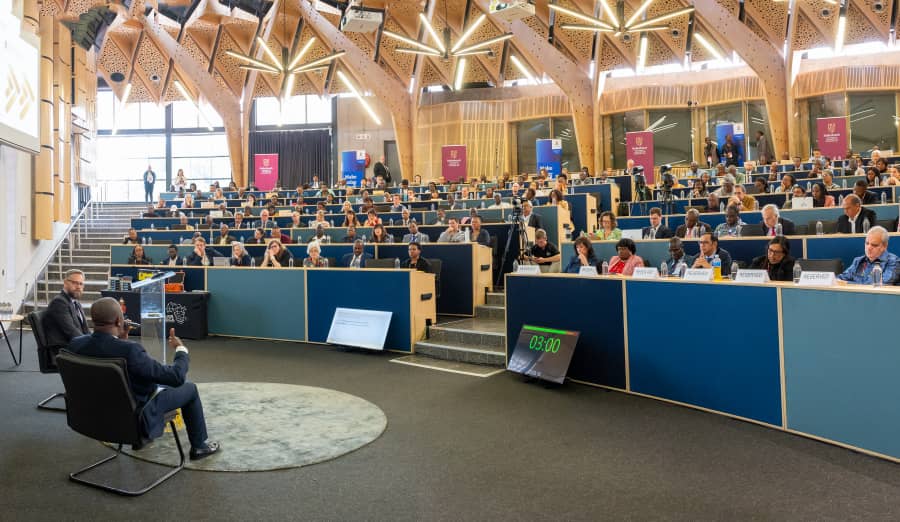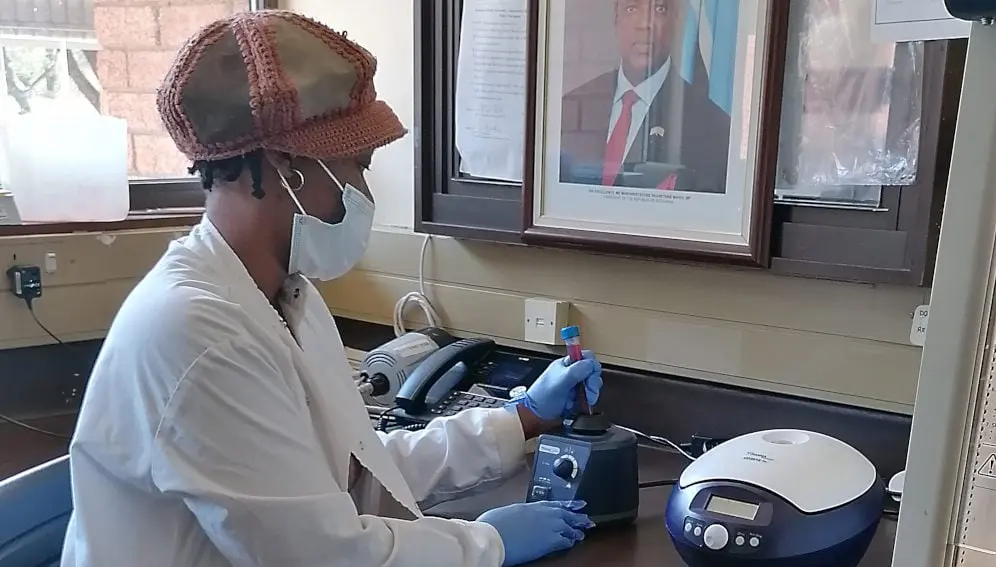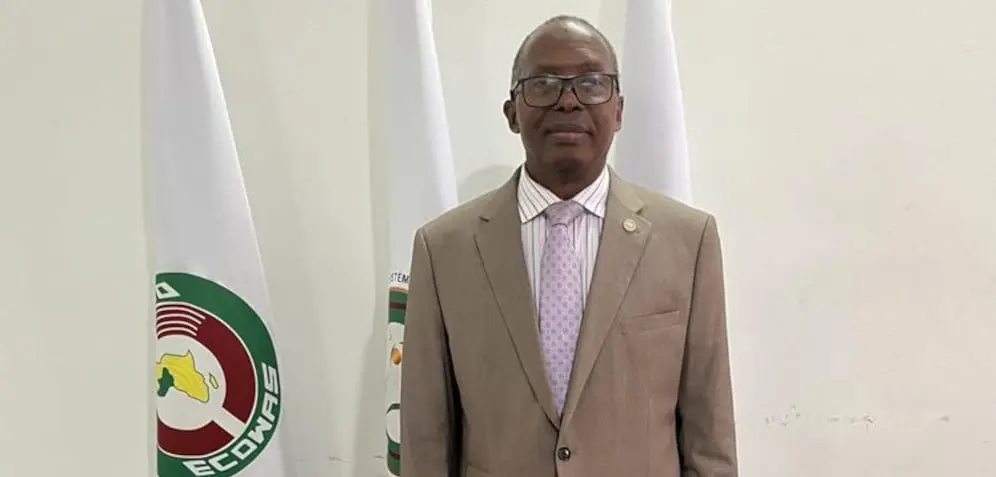SGCI News
A new project is addressing Sub-Saharan Africa’s research and innovation challenges, funding gaps and gender imbalances to drive development in the region. The Research and Innovation Management (RIM) project is an initiative of the Science Granting Council…
A new project is addressing Sub-Saharan Africa’s research and innovation challenges, funding gaps and gender imbalances to drive development in the region.
The Research and Innovation Management (RIM) project is an initiative of the Science Granting Council Initiative (SGCI) aimed at improving the 17-member councils’ ability to identify, support and manage impactful research and innovation across the countries where the councils are domiciled.
The SGCI is a regional effort to promote science and innovation.
The RIM project is bringing together actors in research and innovation to drive development at national and regional levels, says Cephas Adjei Mensah, director of research, statistics and information management at Ghana’s Ministry of Environment, Science, Technology and Innovation.
“The RIM project has been a blessing,” Mensah said.
“We have been able to design our own research innovation and management framework by identifying the projects we fund based on national priorities.”
We launched our calls for research proposals [in Ghana] – the first in September 2023, and the second in October 2023, we received over 100 applications, some of which were collaborative projects, Mensah said.

Mensah acknowledged a lack of immediate funds, explaining that some solution-driven proposals had been highlighted for future consideration as funding becomes available.
He said the Ghana Science Granting Council was working to increase government funding for research and innovation.
“We also want to enhance collaboration and communication in the various works we do so that we will be able to get the buy-in of partners who are willing to join our initiative drive,” he added.
The RIM project is implemented by a consortium comprising the African Centre for Technology Studies, the Association of African Universities and the Cheikh Anta Diop University, in Dakar.
Frederick Ato Armah, director of research and programmes at the Association of African Universities said councils had funded 81 projects through the RIM project, including 25 public-private partnerships.
Armah said at least six councils had launched calls for research specifically targeting women.
“For instance, Ghana and Zambia councils launched bilateral calls aimed at upscaling projects by women researchers in agro-processing [or] food-processing,” he said.
Armah believes all the projects could potentially transform the countries where the councils are situated.
“Ultimately, the projects chosen from the 17 councils have the potential to instigate shifts in social behaviours, foster economic growth, and enhance the well-being of the populations targeted by the grants,” he said.
The RIM project is expected to enhance the councils’ capacity to support research projects and to foster economic and social development within their respective countries, Armah said.
He said the member councils were developing action plans, including robust monitoring, evaluation, and learning systems, to track the progress of RIM and the funded projects, ensuring accountability and informed decision-making.
“Consequently, the national Science, Technology, and Innovation (STI) systems will become more robust and play a pivotal role in promoting inclusive development across Sub-Saharan Africa,” Armah added.
Article written By Afeez Bolaji
Related News
Botswana’s Commitment to Research: Laying the groundwork for innovation
Although Botswana does not yet have a dedicated science agency, it has demonstrated a strong commitment to research and innovation through active participation in the Science Granting Councils Initiative (SGCI). In this video interview, Lesego Thamae, Deputy Permanent Secretary at the Ministry of Communications, Knowledge…
Space innovation in Africa tackling local problems
Africa’s space sector, while valued at US$22.64 billion in 2024, is still in its early stages—but scientists say it holds significant promise for addressing some of the continent’s development issues. In this episode of Africa Science Focus, reporter Michael Kaloki explores how space research and…
An interview with Dr Samba Sesay on how NSTIC -SL is improving the quality of life through science and technology
This video previews the ongoing efforts of the National Science Technology and Innovation Council of Sierra Leone (NSTIC-SL), a young council established in 2020. Dr. Samba Sesay, Programme Implementation Manager, explains that NSTIC-SL’s core mission is to enhance the quality of life for Sierra Leonean…




